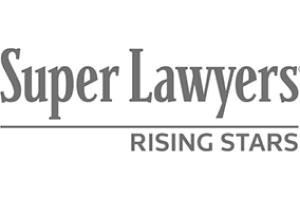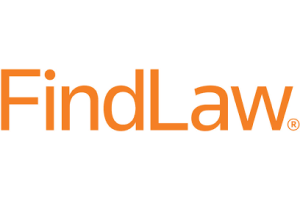FDCPA Violations in Post-Repossession Debt Collection

The Fair Debt Collection Practices Act (FDCPA) provides crucial protections to consumers against abusive and unfair debt collection practices. After repossession, debt collectors must adhere to strict guidelines outlined by the FDCPA. In this article, we will illustrate five potential FDCPA violations that could occur during post-repossession debt collection.
By understanding these violations, consumers can recognize their rights, take appropriate action, and protect themselves from unlawful debt collection practices. Thompson Consumer Law Group can help you by offering a free consultation, where we will discuss your case and provide you with the optimal course of action. Get in touch with us today to know more.
Read More About: FCRA Violations in Post-Repossession Credit Reporting
Harassment or Abuse
Under the FDCPA, debt collectors are prohibited from engaging in harassing or abusive behavior. Harassment can manifest in various forms, including:
- constant and excessive phone calls;
- using profane language;
- or making threats.
For instance, if a debt collector repeatedly calls the consumer’s workplace, verbally abuses them, or threatens legal action that they cannot or will not pursue, it would constitute a violation of the FDCPA.
Read More About: Understanding Redemption and Waiver of Wrongful Repossession Damages
False Representation or Misleading Statements
Debt collectors are also prohibited from making false representations or misleading statements while attempting to collect a debt. For example, it would be a violation of the FDCPA if the debt collector:
- misrepresents the amount owed;
- falsely claims to be an attorney;
- or threatens to take legal action they have no intention of pursuing.
Additionally, using deceptive tactics to coerce the consumer into paying, such as falsely claiming that failure to pay will result in arrest, can also constitute a violation.
Unauthorized Disclosure of Debt Information
The FDCPA prohibits debt collectors from disclosing a consumer’s debt to unauthorized third parties. Debt collectors are only allowed to communicate with the consumer, their spouse, their attorney, and certain other individuals involved in the debt collection process. If a debt collector discloses the consumer’s debt to their employer, family members, friends, or any other unauthorized party, it would be a violation of the FDCPA.
Misrepresentation of Legal Actions
Debt collectors must be truthful and transparent about the legal actions they can and will pursue. For example, a debt collector would be violating the FDCPA if they:
- misrepresented legal actions, such as falsely claiming to have initiated a lawsuit;
- threatened to garnish wages without the ability or intention to do so;
- or misrepresented the consequences of non-payment.
Continuing Communication after Cease and Desist Request
Once a consumer sends a written request to cease further communication, debt collectors are obligated to comply, except for specific circumstances, such as informing the consumer of legal action being taken. If a debt collector continues to contact the consumer after receiving a valid cease and desist request, it would be a violation of the FDCPA.
The FDCPA Safeguards Consumers Facing Post-Repossession Debt Collection
By recognizing potential FDCPA violations, consumers can assert their rights and take appropriate action. Harassment, false representations, unauthorized disclosure of debt information, misrepresentation of legal actions, and continuing communication after a cease and desist request are all serious violations under the FDCPA. If consumers experience any of these violations, they should document the incidents, seek legal advice, and report the violations to relevant authorities.
Understanding their rights empowers consumers to navigate post-repossession debt collection with confidence and ensure fair treatment from debt collectors, and this is where Thompson Consumer Law Group comes in. Our experienced legal team can offer a complimentary consultation to go over the details of your case and empower you with the knowledge you need to make informed decisions about your next steps. Reach out to us today to know more.







